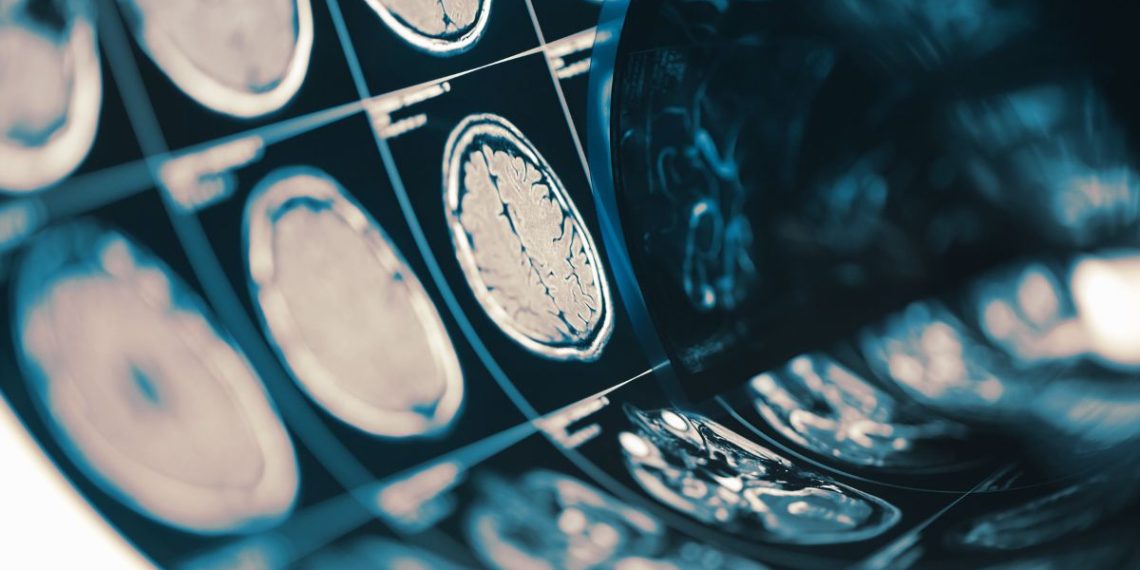Without treatment, acromegaly can lead to serious complications affecting multiple systems in the body. The longer the condition is left untreated, the greater the risk of irreversible damage. Fortunately, early intervention can prevent or reduce many of these risks.
Heart-Related Complications
People with acromegaly often develop cardiovascular issues. These include high blood pressure, abnormal heart rhythms, and thickening of the heart muscle (cardiomyopathy). Over time, these changes can weaken the heart and lead to heart failure. By treating acromegaly early, individuals can often prevent these outcomes and maintain better heart health.
Blood Sugar and Diabetes Risk
Increased growth hormone levels interfere with insulin function, raising the risk of developing type 2 diabetes. Insulin resistance is common in untreated acromegaly. Through early intervention—whether surgical or medical—patients can lower GH levels and reduce the chance of diabetes.
Sleep Apnoea
Soft tissue growth in the tongue and throat can block airways during sleep, causing obstructive sleep apnoea. This leads to fatigue, poor sleep quality, and increased cardiovascular risks. Fortunately, treating acromegaly often improves breathing and sleep over time.
Joint and Bone Disorders
As growth hormone levels remain elevated, bones and cartilage grow excessively. This often results in joint pain, arthritis, and even spinal issues. Many patients experience swelling and discomfort in the hands, knees, or back. Although some joint damage may be irreversible, early diagnosis helps manage symptoms more effectively and slows progression.
Vision Problems
Large pituitary tumours may press on the optic nerves, causing visual field loss, blurred vision, or even blindness. Timely surgery can relieve this pressure, but delayed treatment increases the risk of permanent damage.
Cancer Risks
Some research links acromegaly with an increased risk of cancers, particularly colon and thyroid cancer. As a result, regular screening becomes vital for early detection. While not every patient will develop cancer, monitoring is an essential part of long-term care.
Vision and Brain Function
Large pituitary tumours can press on the optic nerves, leading to vision problems or headaches. MRI scans help detect these issues early, allowing doctors to act before permanent damage occurs.
In Summary
Timely diagnosis and treatment of acromegaly are crucial. Not only can early intervention reduce complications, but it can also improve quality of life. If you suspect symptoms, speak to a healthcare provider and request a referral to an endocrinologist.
👉 Missed an article in the series? You can catch up here:
- Acromegaly: A Rare But Manageable Condition
- What Causes Acromegaly?
- How Is Acromegaly Diagnosed?
- Treatment Options for Acromegaly
Reviewed April 2025. Always consult a professional for individual guidance.


